
Health foods with a proven potential to control weight and reduce the incidence of obesity are of high marketable value. A European study is developing such dietary supplements with ingredients from the grain narrow-leafed Lupin (NLL)

As the world's population continues to grow, providing healthy foods is an ongoing challenge. An EU-funded project developed a new food geography for sustainable food production.

A study examining the short- and long-term effects of consuming low-fat products has highlighted hidden assumptions.
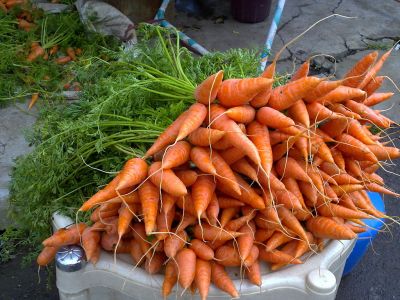
Two research calls have resulted in 14 enterprising projects on promoting organic food markets and farming systems, both in Europe and across the globe.
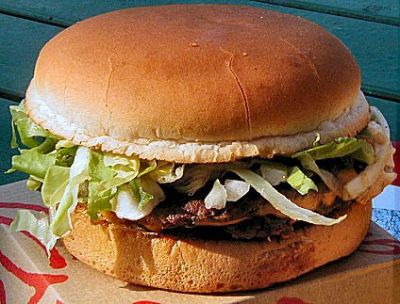
Annually, fruit and cereal processing industries in Europe and India generate millions of tonnes of by-products that are mainly disposed of as waste. Conversion of such by-products into food ingredients and new food products could increase profit and sustainability.
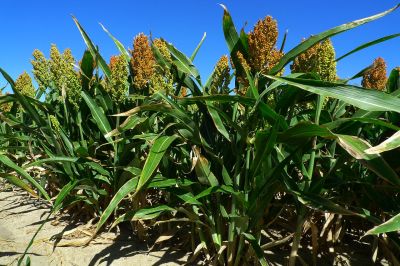
Sweet sorghum has many advantages over other crops when it comes to producing sugar for biofuel. A large international consortium has developed new hybrids, crop models and sustainability analyses to assist in exploitation in numerous environments.
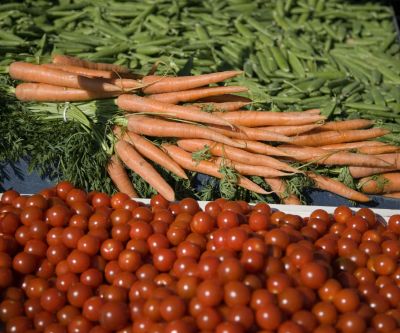
A major Greek university is entering the green/sustainable supply chain management (SCM) field, and sustainable agrifood in particular. The project has recruited 11 senior researchers and established relationships with sector players via a set of secondments.
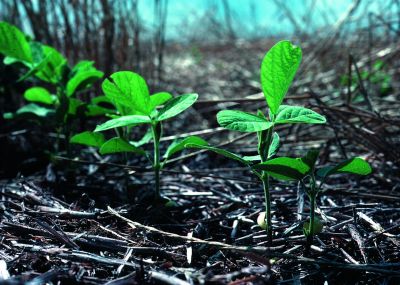
Researchers are identifying genes and physical traits that affect the performance and lifespan of soybean crops during drought and nitrogen stress.
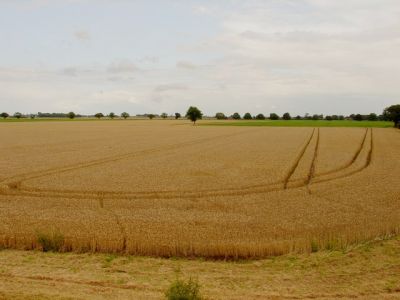
Scientists are incorporating microfibrillated cellulose extracted from cereal waste into low-weight, biodegradable and renewable packaging that boasts superior mechanical and barrier properties and a small environmental footprint.
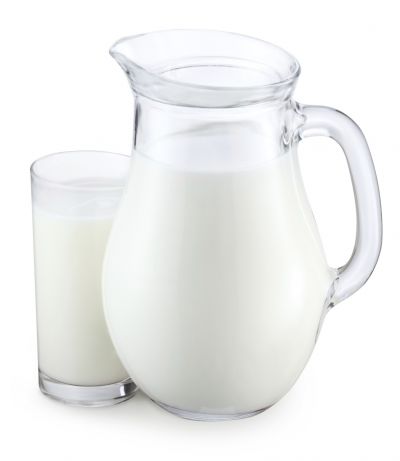
A unique test developed to detect artificially produced growth hormone in cow's milk may help alleviate EU consumer concerns over imported dairy products and to control of the potential illegal use of recombinant bovine growth hormone (rBST) in the EU.

An EU-funded project has harnessed an antifreeze protein (AFP) to prevent ice damage caused by freezing, which increases the shelf-life of food.
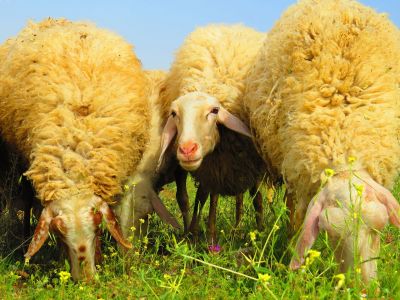
Researchers are developing tools and guidelines to monitor the long-term health of animals exposed to feed derived from genetically modified (GM) crops.
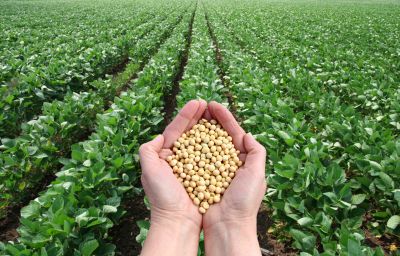
Global food price stability and food security are essential for promoting a fair, well-functioning global economy. The causes of food price volatility and food insecurity are becoming increasingly complex, calling for more scientific support behind current policy responses.
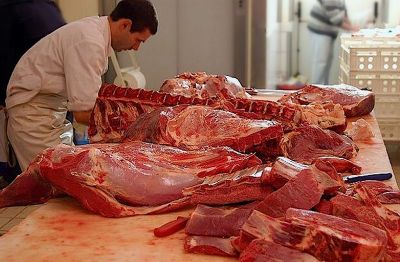
Food scientists will soon have a new tool to authenticate meat products accurately and rapidly thanks to research at the University of Nottingham, United Kingdom.
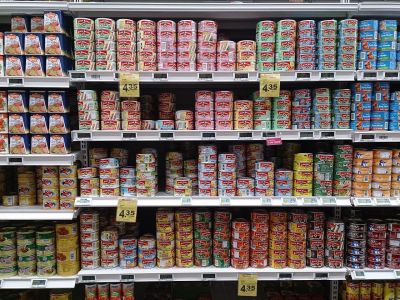
Discarding still-fresh food upon passing its best-before date wastes both food and money. One solution that could soon be a reality is intelligent food labels that indicate exposure to risky conditions between factory and shelf.
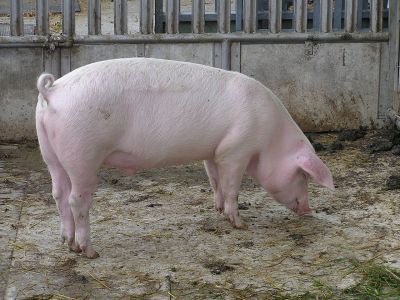
Researchers in the EU are building and testing an automated scanner to rapidly measure meat and fat content of pig carcasses.
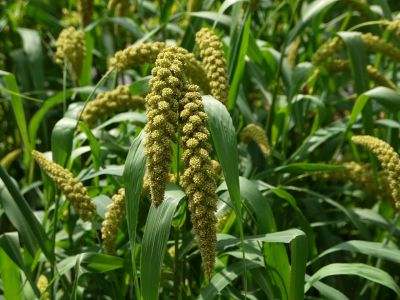
Researchers have used advanced molecular biology tools to improve phosphorus uptake in a common crop plant called foxtail millet.
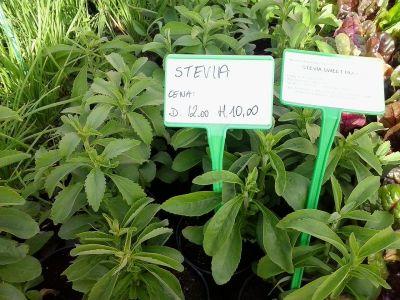
A new research consortium is promoting an alternative crop for tobacco farmers in the face of difficult economic conditions.
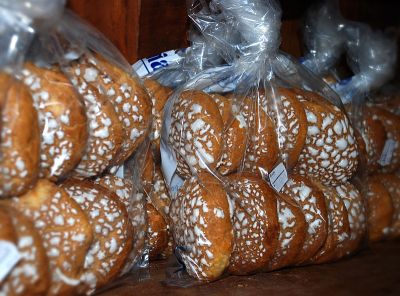
Christophe Cotillon, coordinator of SUCCIPACK, discusses the project’s PBS food packaging technology which may soon be commercialised.

Refrigeration technology stakeholders are working together to research and develop new technologies for more efficient energy usage and food storage.
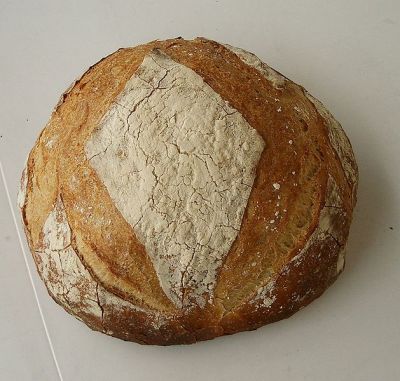
An EU-funded project is supplementing breads, biscuits and juices with nutritional additives from milk and potatoes.
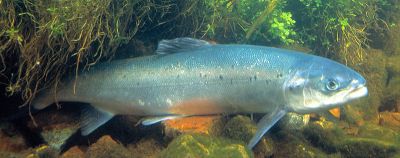
Researchers are looking for ways to improve the omega-3 fatty acid content of farmed fish through feed supplements.
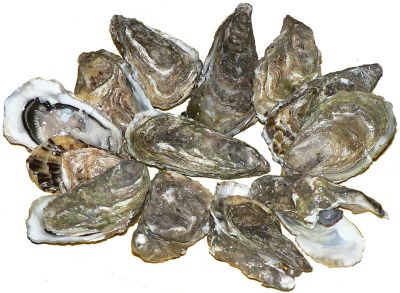
European shellfish producers are now better equipped to diagnose and control disease outbreaks in their farms.
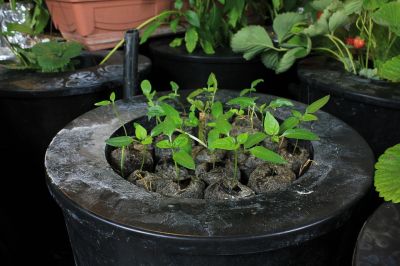
EU funding has placed an Irish research institute at the frontier of agricultural and horticultural research on Earth and beyond.
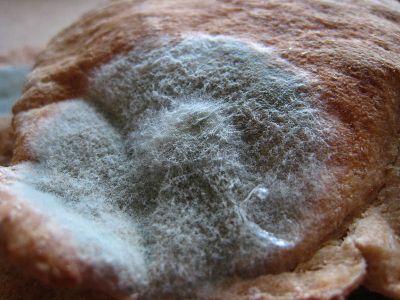
Degradation of food and feed caused by myco-toxins is a fairly widespread world wide-problem. A consortium of companies is advancing prototype mycotoxin testing devices for potential commercial application.
























